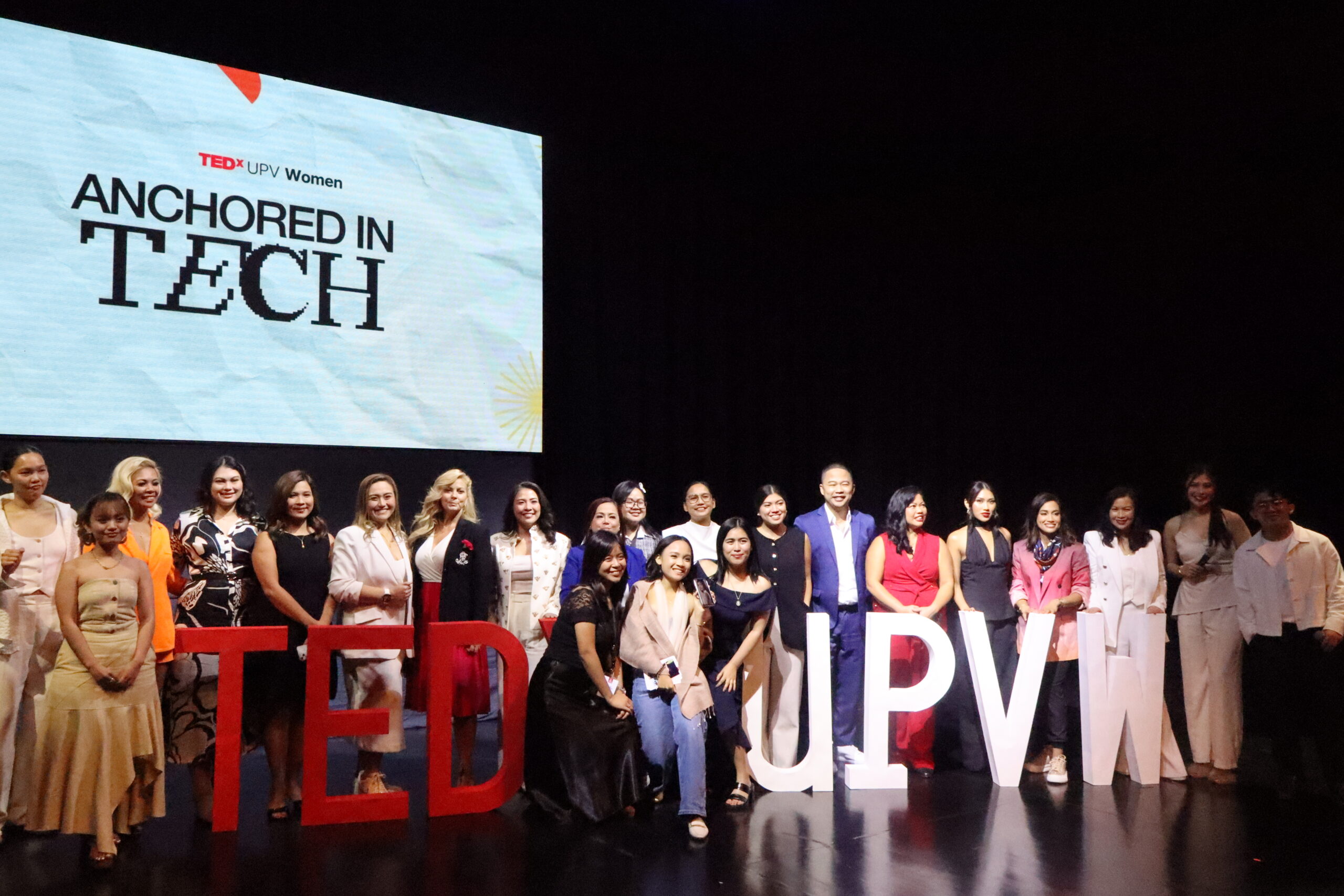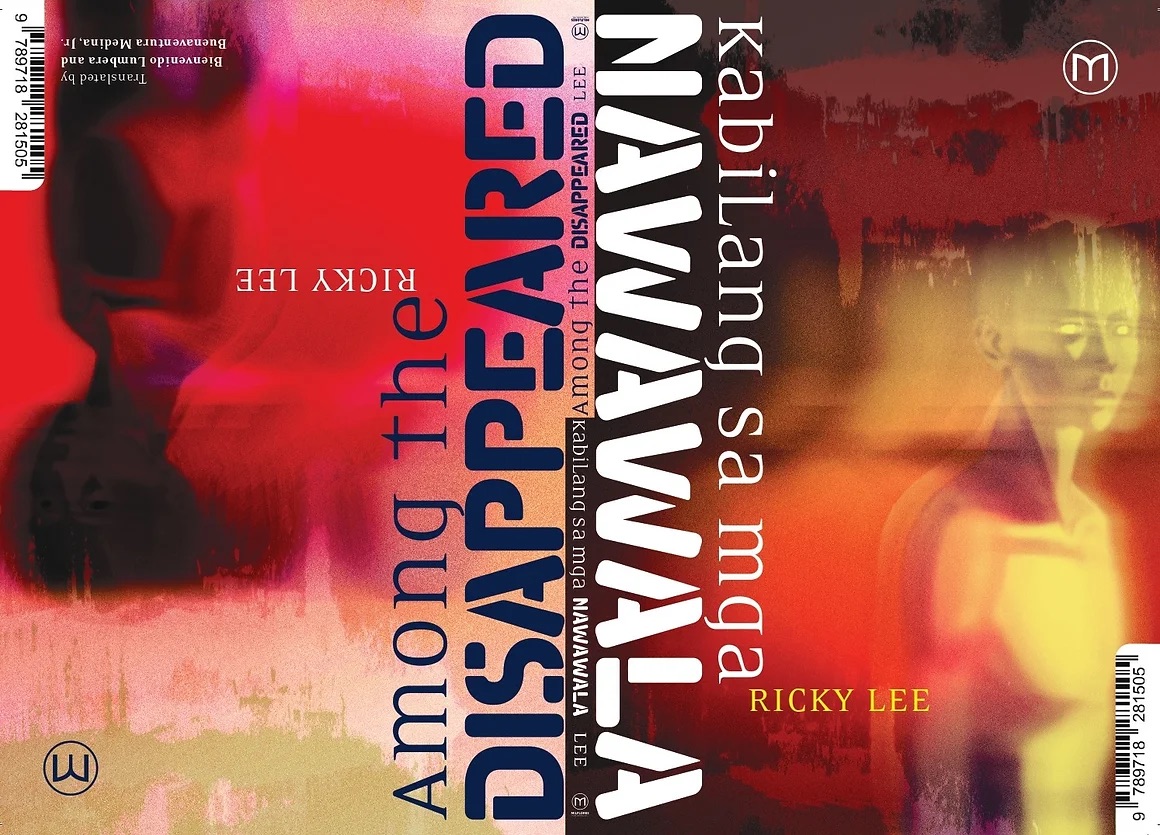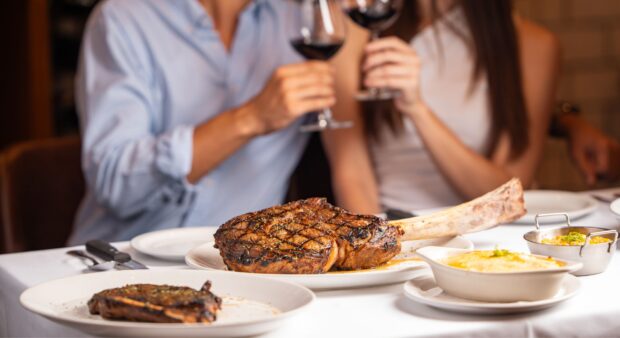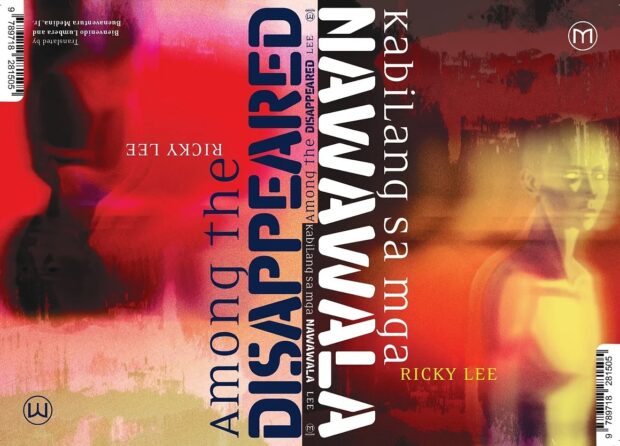In a free society, the pursuit of happiness is a Jeffersonian idea that champions of human rights exploit to the fullest. Human rights involve rationalizing all possible lifestyles deemed socially and legally enjoyable in a pluralistic society.
Western democracies preach and export (often, through military conquest) human rights as the core ideology for critical adoption in many underdeveloped global villages whose natives suffer from ignorance, bigotry, poverty and injustice.
Human suffering is an enigma that champions of human rights find too nuanced to devalue or ban in the culture of many nations. It is more expedient for human rightists to enact social engineering laws promoting divorce, birth control, same-sex marriage and euthanasia—all of which run afoul of the moral teachings and beliefs of most religions in the world.
But how do you, in the name of human rights, declare as unlawful acts of suffering such as Muslim fasting, Christian circumcision, or the shame-redeeming act of Japanese seppuku?
American laws can send an American dad to jail for child abuse if he spanks the behind of a bratty child. But no law can be created in Thailand forbidding a boy from getting his head shaven clean and walking barefoot every morning carrying his begging bowl, a requirement for monkhood in Buddhism. What is indignity to Americans is a virtue builder for the Thais. The Americans are psychological, the Thais are spiritual. The fakir in India has all the right to lie down on his bed of nails (mind over matter); so is the bloody nagpepenitensya (a soul-cleansing act) during Holy Week in Pampanga.
Methinks human suffering was the bane of many 18th-century philosophers. Their treatises evolved as secularism in modern democracies, a system and belief in life away from God, which eroded the predominant culture of Christianity in Europe and Afro-Middle East communities after the fall of the Roman Empire.
Moral compasses
Secularism espouses personal freedom to pursue happiness in the form of physical and psychological pleasures, to the point of disabling social and individual moral compasses.
Sociology, with its insight on the values of village societies, where life sustenance depended on back-breaking agri-based labor, observed that suffering for the natives is fatalism with aplomb, and it did not result in psychiatric trauma, as it did for modern urbanites. Rural societies cope with the wrath of nature, such as typhoons, earthquakes and volcanic eruptions, by giving them supernatural attributes. It was the same with suffering.
In our society, the “no pain, no gain” slogan is invoked by high achievers in volunteerism, entrepreneurship and sports. Manny Pacquiao and Tiger Woods get their rewards in millions of dollars. Iconic saints such as Francis of Assisi and Mother Teresa of Calcutta get theirs in heaven, their tall glasses filled to the brim.
It was Christianity that defined and contextualized human suffering by elevating it to agape or sacrificial love, so eloquently preached in the beatitudes, Christ’s enduring sermon on the mount. Jesus Christ further divinized suffering as the redemptive force of reconciliation and love when, in perfect obedience to his Father, he underwent his crucifixion in Golgotha.
To ponder whether the right to suffer is a worthy inclusion in the laundry list of human rights is illogical. Suffering is a direct contradiction of happiness, the goal of human existence. Perhaps, it is best to consider suffering an unwritten law of nature. A paradox in life, like the agony and ecstasy in the painful act of birthing the beloved infant. Or a man’s self-imposed physical suffering as a Holy Thursday flagellant, in imitation of Christ’s suffering.
E-mail [email protected]











































